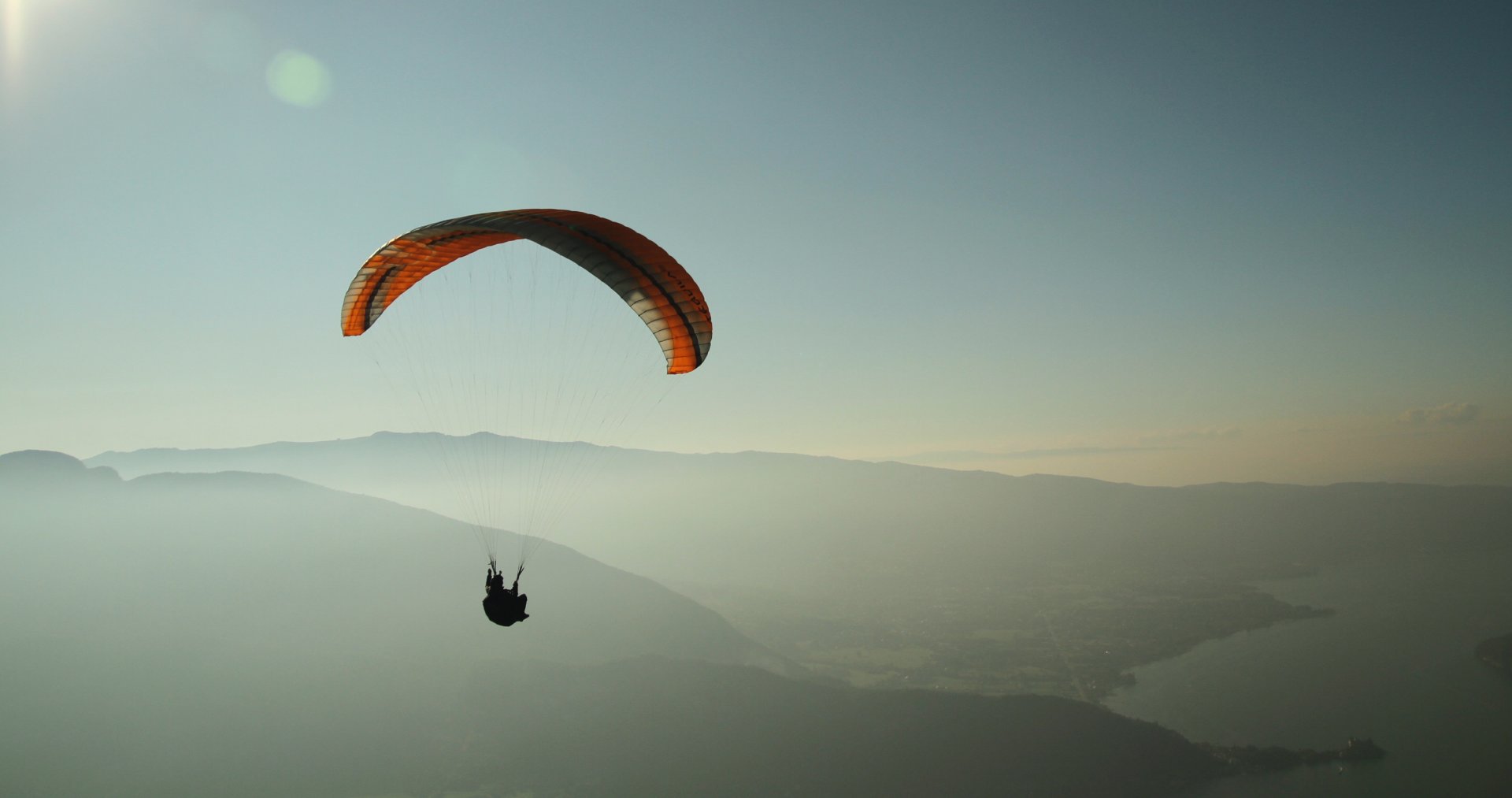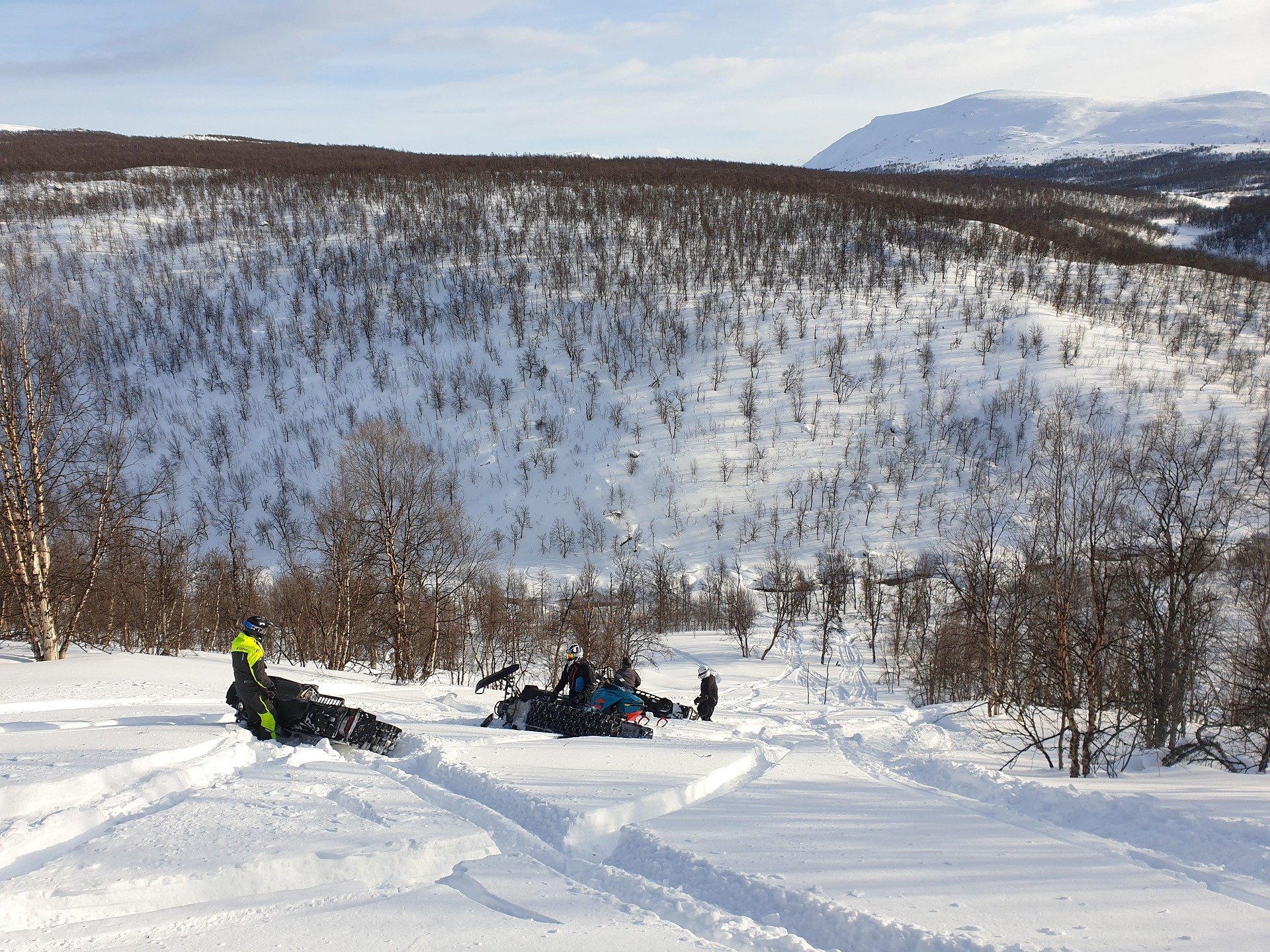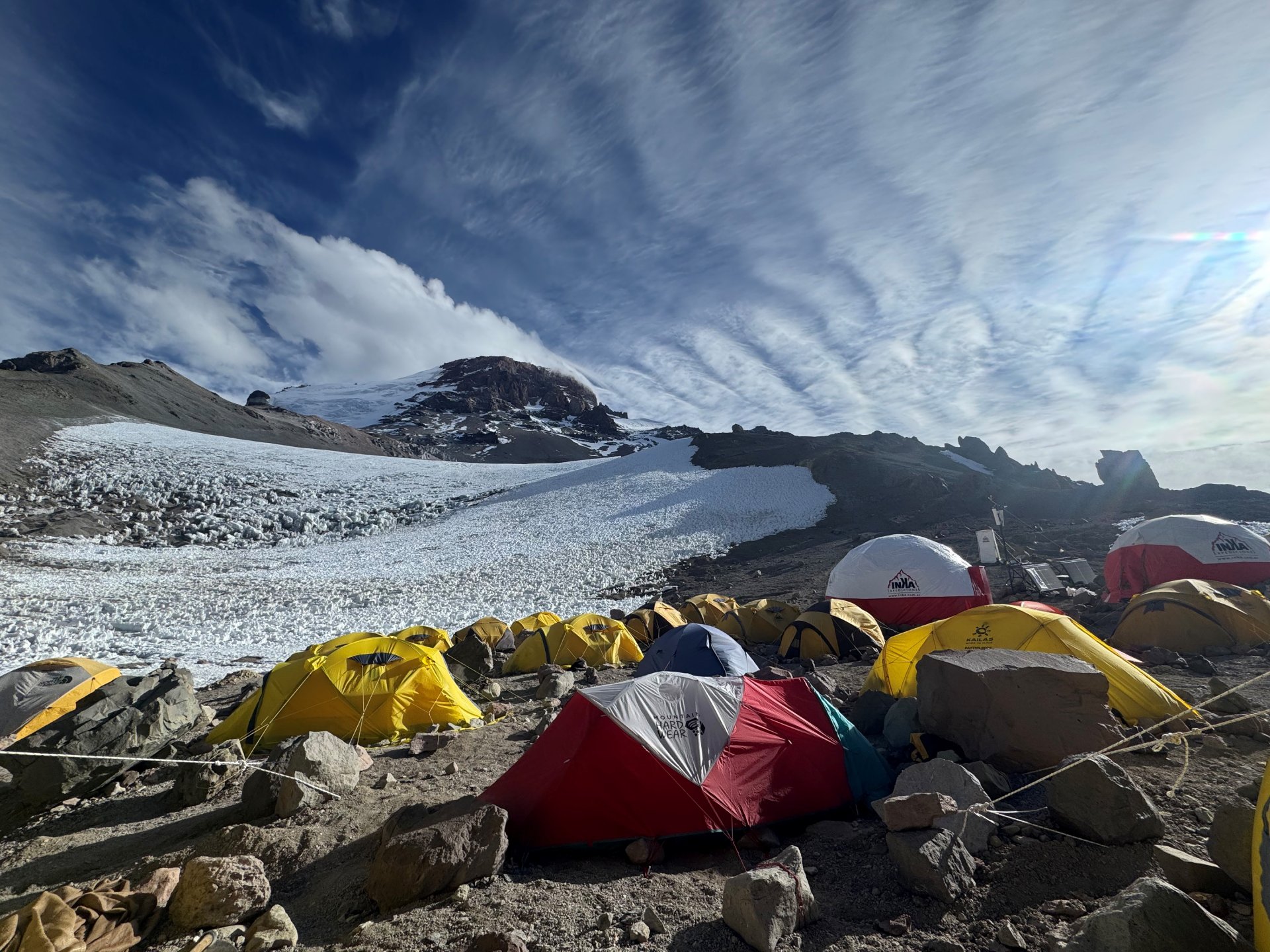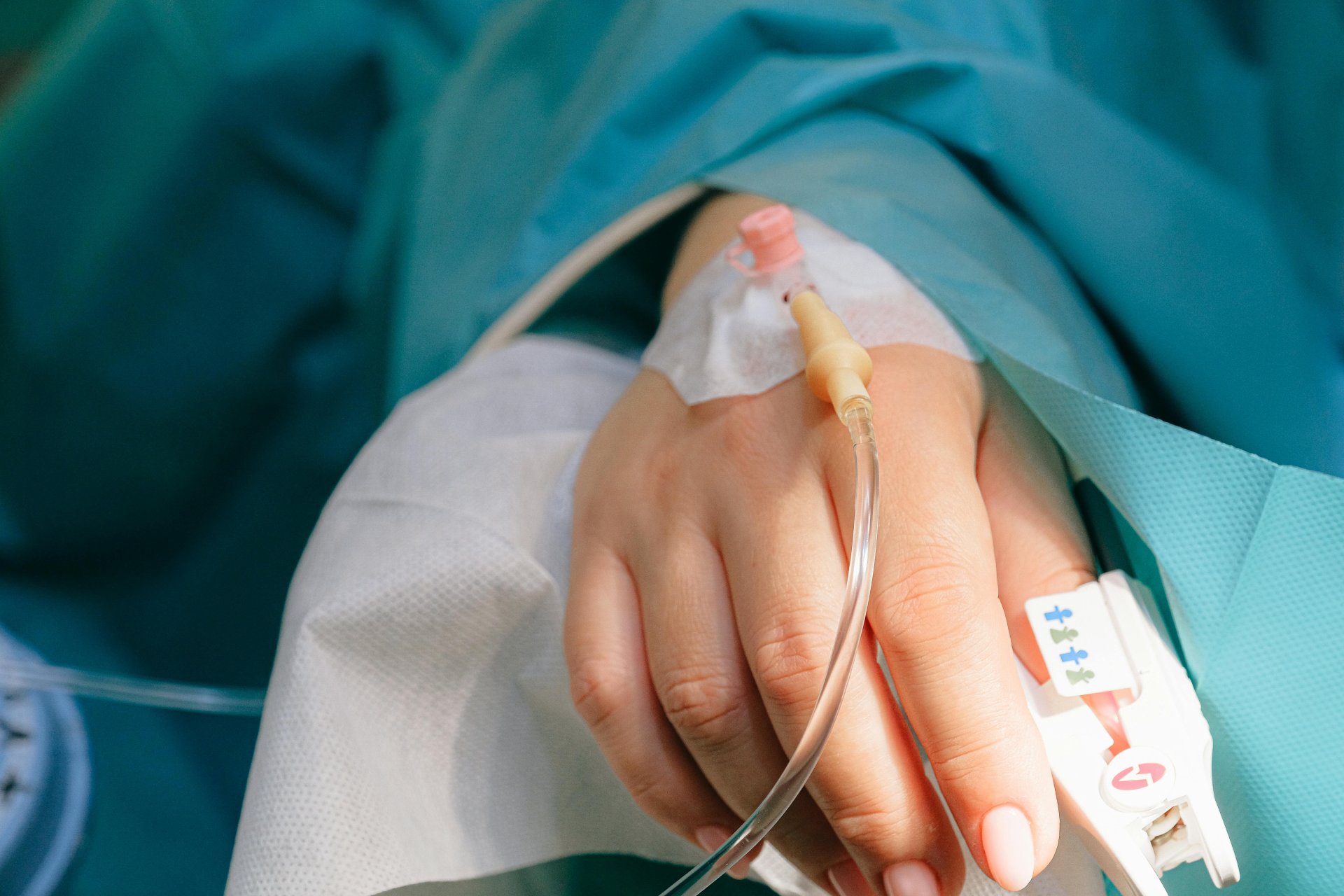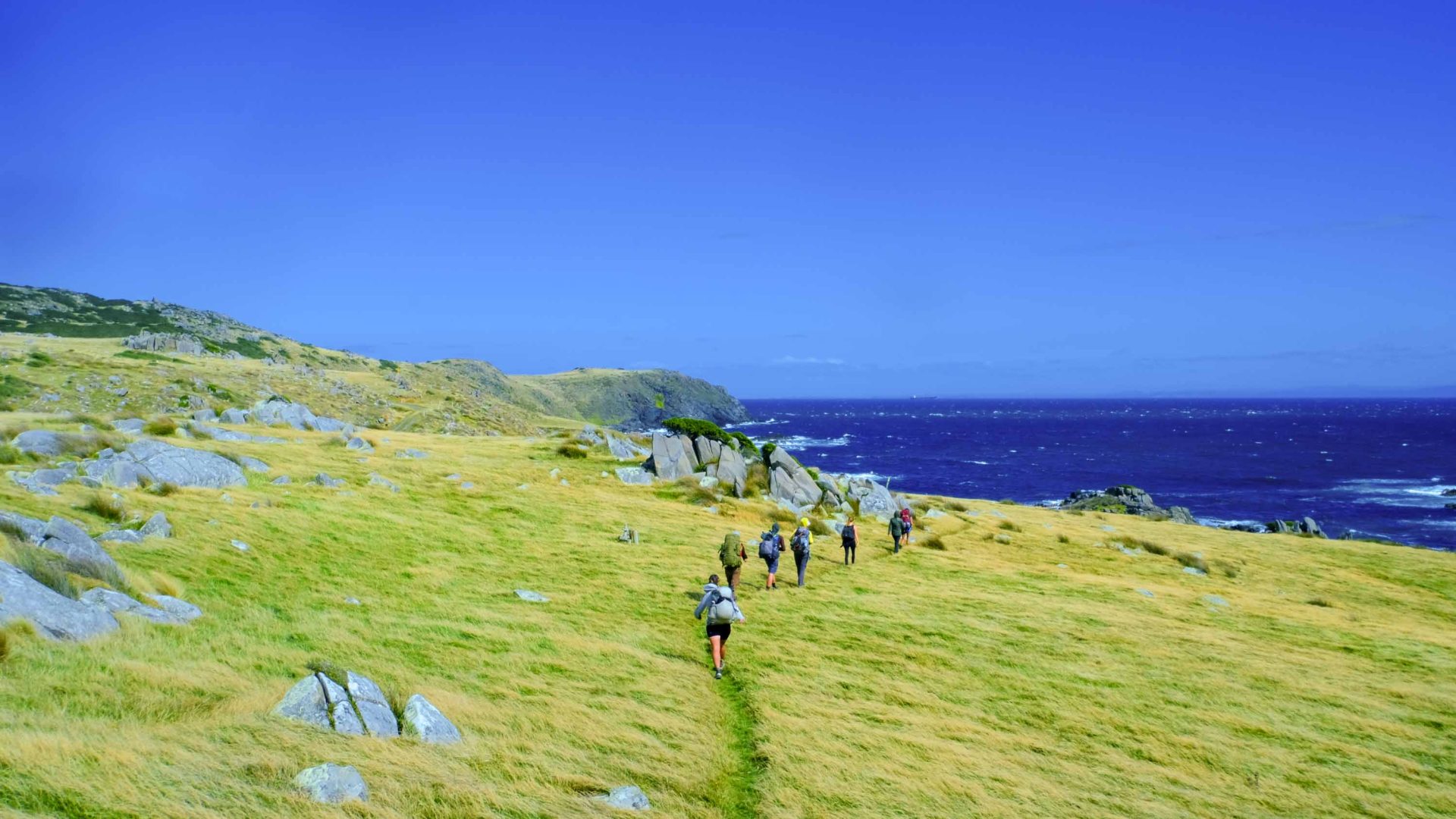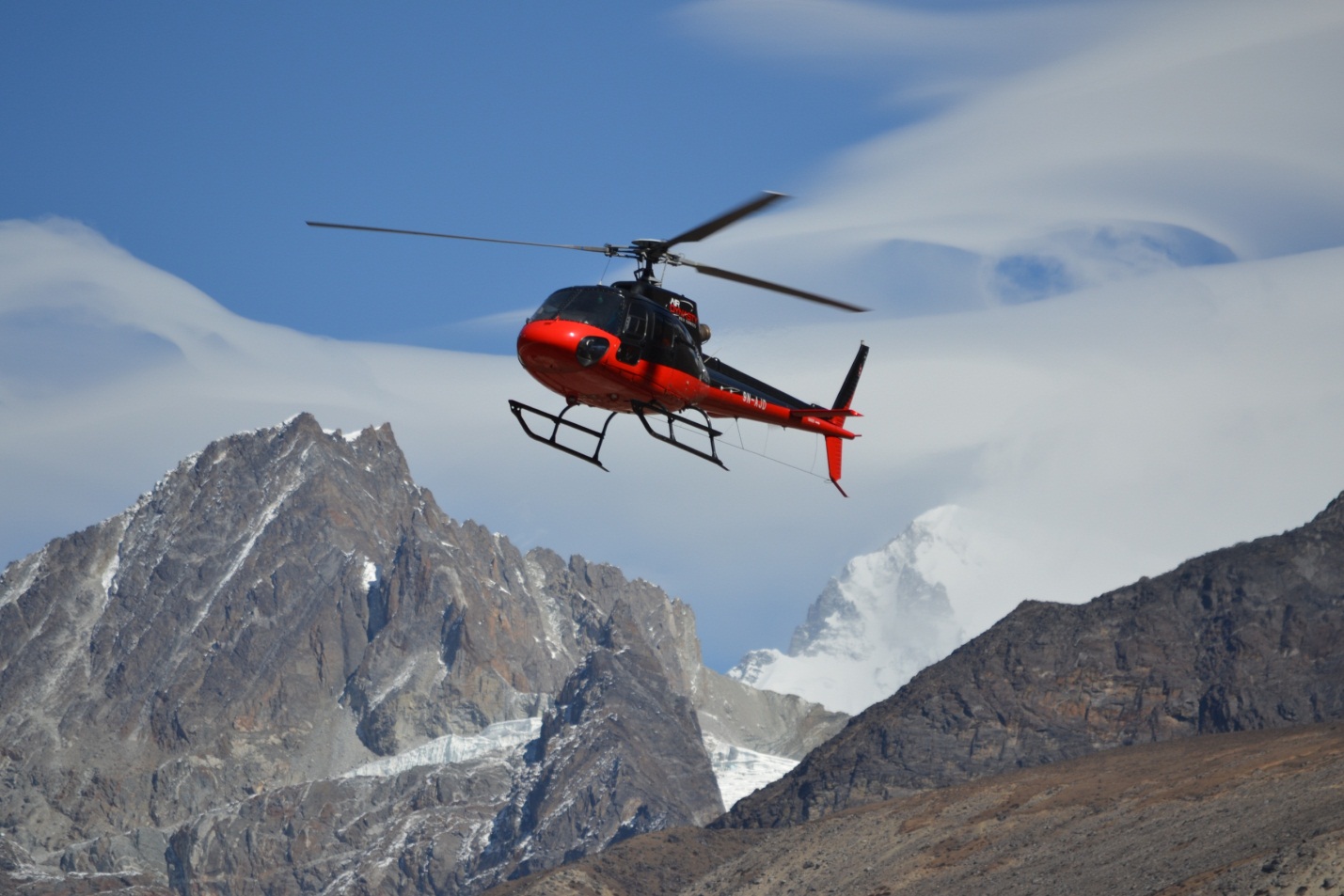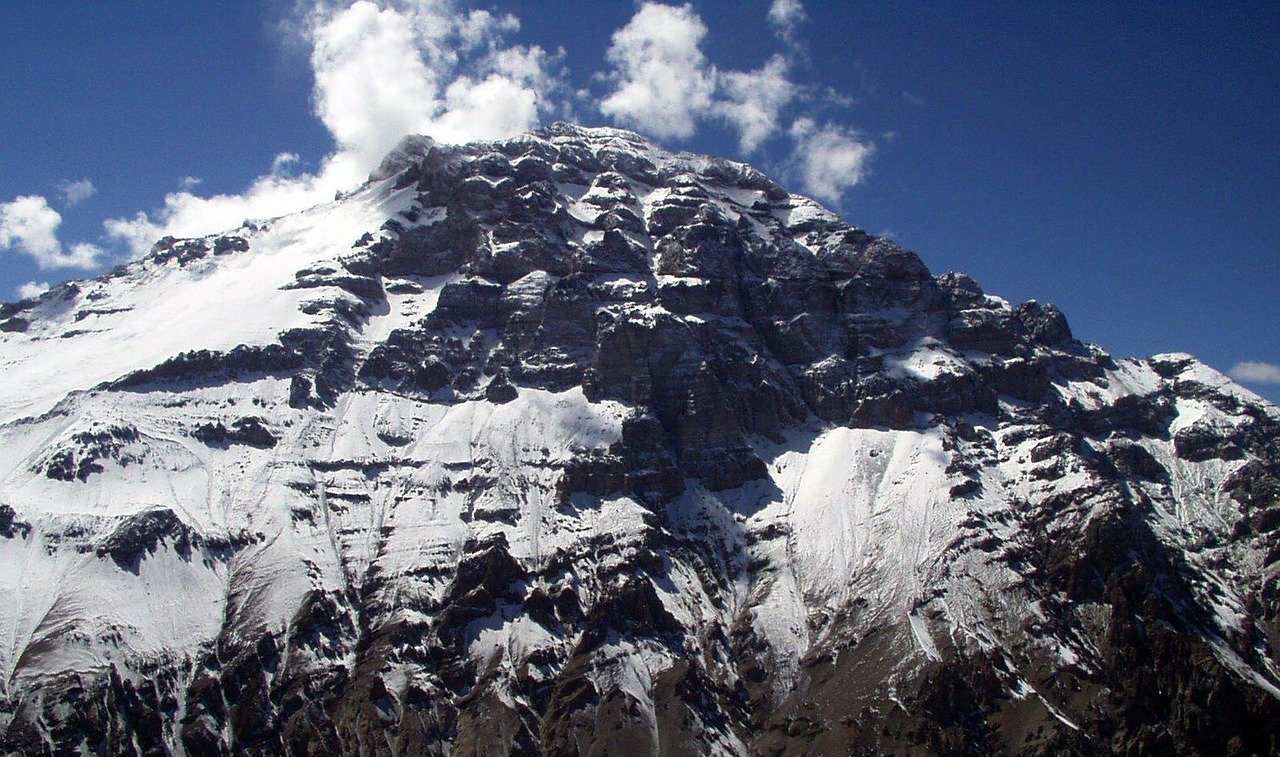After experiencing a travel stop due to the pandemic, adventure tourism has exploded in popularity in recent years. For instance, with an increase of more than 70% from the previous year, African safaris have experienced the fastest rise among Global Rescue members. Hiking and camping trips are up nearly 50% and demand for on- and off-road motorcycle tours is spiking. The Nepalese government issued a record number of Mount Everest climbing and trekking permits in the spring of 2023, and Global Rescue’s medical operations teams carried out a record number of medical evacuations and rescues.
Most traditional travel insurance policies have exclusions for activities like scuba diving, paragliding, off-road overlanding, and mountaineering. But not Global Rescue. With no activity restrictions, Global Rescue is the only firm that will send personnel to the site of injury or illness to bring you to safety when you are unable to do so on your own. Individuals facing a medical emergency who do not have rescue and medical evacuation protection can incur costs of up to $300,000. With Global Rescue medevac protection services, the cost to the individual is zero.
Global Rescue has responded to the needs of travelers at home and abroad for two decades. In a typical month, Global Rescue performs hundreds of operations in dozens of countries. Below are highlights from some of our most recent operations in various locations.
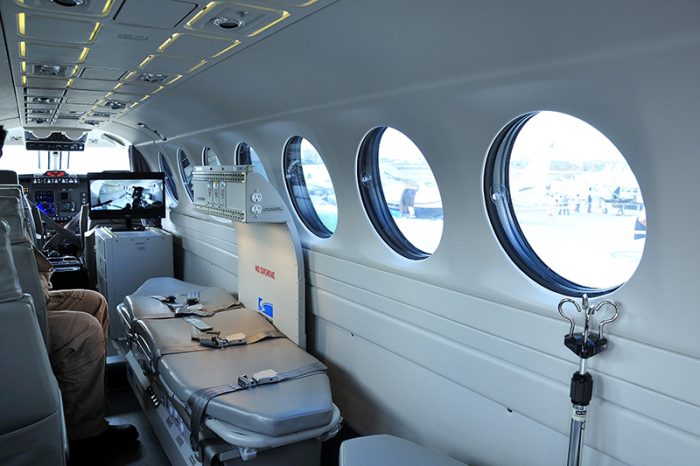
Bottle Cap Lodged in Throat
The son of a member needed emergency airborne medical evacuation from Turks and Caicos. The U.S. resident contacted Global Rescue and reported that his son had a metal bottle cap lodged in his esophagus that couldn’t easily be removed. An X-ray taken at the local medical center confirmed the presence of the object. The attending physician advised that immediate removal of the metal cap was necessary but, unfortunately, the local medical center could not perform the procedure. Global Rescue medical operations personnel confirmed that commercial transport was unsuitable due to the risk of perforation. Global Rescue deployed an air ambulance and successfully transported the member from the Turks and Caicos Islands to a children’s medical center in Florida, U.S. for endoscopy and removal of the bottle cap from the distal esophagus. The procedure was successful, and the member was discharged the same day.
[Related Reading: How To Use a Global Rescue Membership]
Heart Attack During a Paragliding Trip
A South African member needed field rescue and medical evacuation during a paragliding trip in Paiju, Pakistan, when he contacted Global Rescue and reported having chest pain while trekking on Baltoro Glacier and increased discomfort after paragliding. The member suspected he was having a heart attack, reporting numbness in his arms, severe chest tightness and pain radiating to his left arm. He took aspirin and supplemental oxygen, but his condition improved only slightly. Global Rescue deployed an emergency airborne medical evacuation team and successfully transported the member to a hospital in Skardu where he was admitted to the ICU for treatment of myocardial infarction. A day later, the treating physicians agreed that the member’s condition merited a higher level of care, whereupon Global Rescue arranged for his transport to a hospital in Islamabad for further evaluation and care. The member was stabilized and deemed fit to fly for definitive cardiac care at a Cape Town, South Africa, hospital. Global Rescue provided business class seating for the member who arrived safely in Cape Town.
Medevac from Piaju Camp, Pakistan
A tour guide contacted Global Rescue reporting that a Brazilian member who was trekking with the expedition group became sick at the Piaju Camp in Pakistan. The member was suffering from episodes of vomiting and a drop in blood pressure while at the camp. With no nearby medical facilities, the expedition leader requested a field rescue and Global Rescue launched an emergency airborne medical evacuation. The member was successfully transported to a medical facility where he underwent an evaluation and diagnostic procedures. The member was released for bed rest in his Islamabad hotel room before returning to his home in Brazil.
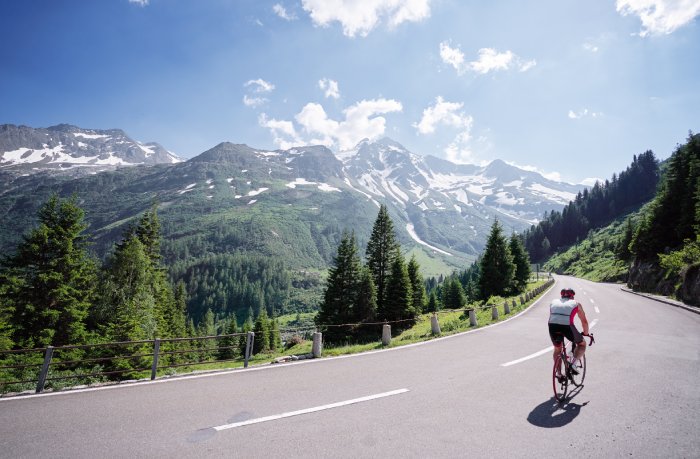
Biking Mishap in Italy Reveals Heart Condition
A Canadian member needed medical evacuation following a bicycle accident in Italy. The member’s sister contacted Global Rescue reporting her sibling sustained a leg injury following the bike mishap and had been taken to the emergency room. The member was treated and released with a cast and prescribed blood thinners. A day later, however, the member was discovered slumped in a chair and complained of severe dizziness. She returned to the hospital in Portoferraio where the attending physician expressed concern about her very low heart rate. The hospital did not have higher-level cardiovascular treatment services so Global Rescue arranged an interfacility helicopter transport to the cardiac unit of a hospital in Livorno where physicians advised that the member would require a pacemaker. Following the successful pacemaker insertion surgery, Global Rescue medical operations team members provided successful ground and air transport for the member to her home in Alberta, Canada, where she continued her follow-up cardiology care.
Broken Ribs in the Gobi Desert
A U.S. member was badly injured while motorcycling in the Gobi Desert. A support vehicle brought the member to the adventure group’s camp to recover. Unfortunately, the member had trouble breathing and suspected he had a collapsed lung. Since there were no nearby medical facilities, group leaders contacted Global Rescue to assist in evacuating the injured man for medical evaluation. The member was safely taken to a medical clinic where an examination revealed several cracked ribs and fluid accumulating in his lungs. Global Rescue medical operations leaders initiated an additional medical transport to bring the member to a hospital in Ulaanbaatar for a comprehensive evaluation with a specialist. Following the successful transport and a further examination, the member’s condition improved, and he decided to rejoin his group to continue their expedition using support vehicles instead of motorcycles.
Teen Suffers AMS in Kenya
A young teenage member was exhibiting symptoms of Acute Mountain Sickness (AMS) while on Mount Kenya (17,057 feet/5,199 meters). Excursion leaders contacted Global Rescue and reported the member was unable to walk and had to be carried down the mountain while experiencing nausea, severe vomiting, abdominal cramps, dehydration and overall weakness. Global Rescue medical operations team leaders initiated an airborne medical emergency field rescue, and the member was successfully transported to a hospital in Nanyuki, Kenya, where he was diagnosed with gastroenteritis and a potential case of AMS. He received antibiotics and IV fluids and was discharged with medications and a scheduled follow-up appointment for the next day. The member and his family stayed in a hotel where his condition continued to improve.
[Related Reading: Altitude Sickness Strikes Again]
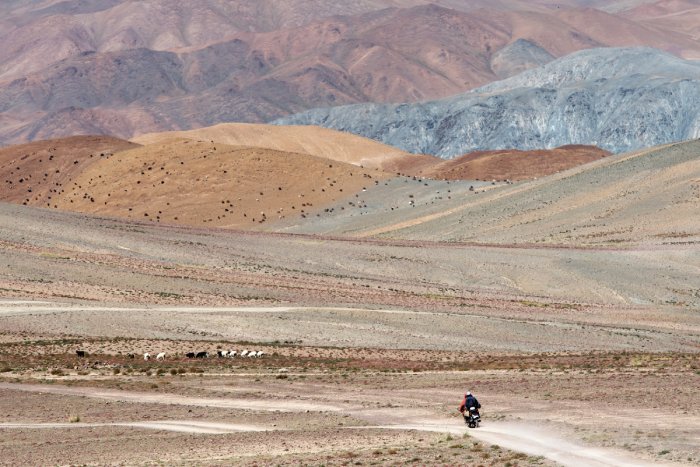
Motorcycle Crash in Mongolia
A United Arab Emirates member contacted Global Rescue to report he suffered multiple fractures in his right hand following a motorcycle accident in Kharkhorin, Mongolia. He underwent emergency surgery at a hospital in Ulaanbaatar. Unfortunately, the member’s right hand was severely swollen, and the treating doctor was unable to fix his dislocated finger. The doctor recommended microsurgery at a facility capable of performing the procedure. Global Rescue concurred with the recommendation and initiated the member’s successful transfer to his home hospital of choice in Abu Dhabi for further surgery and care.

